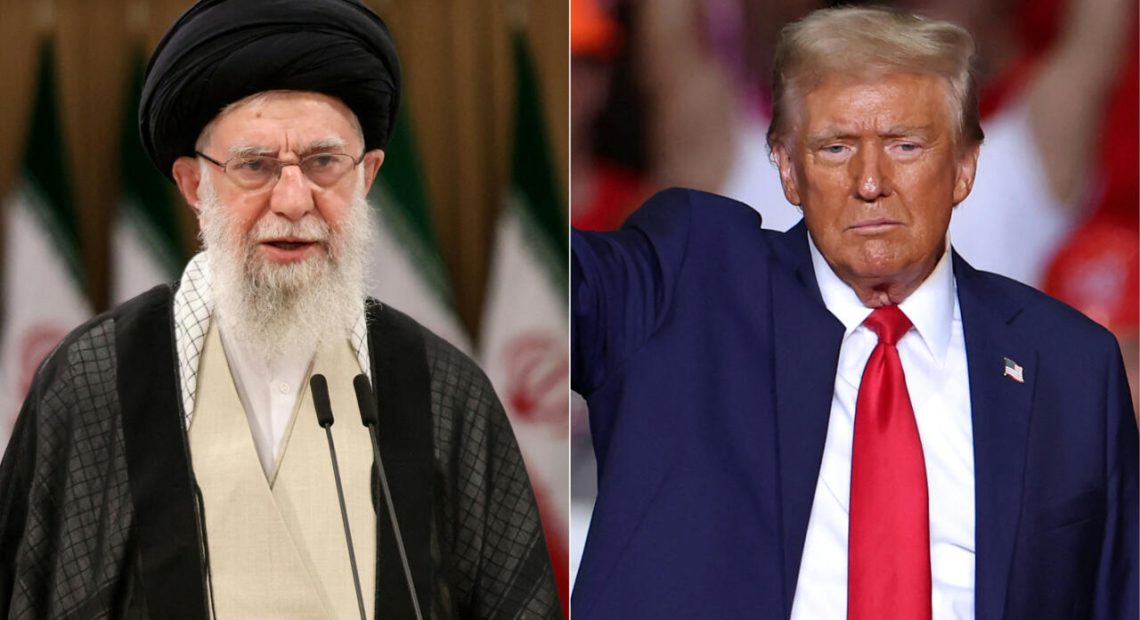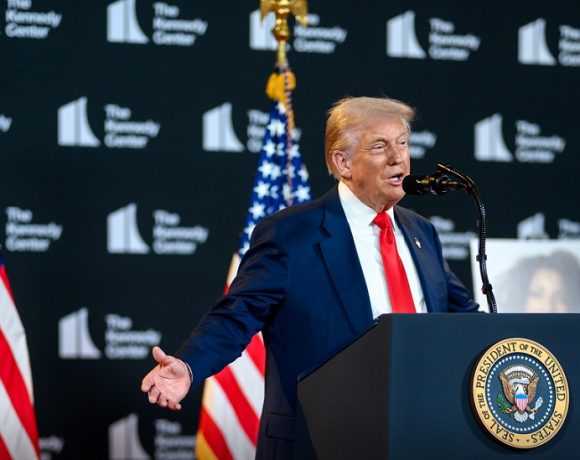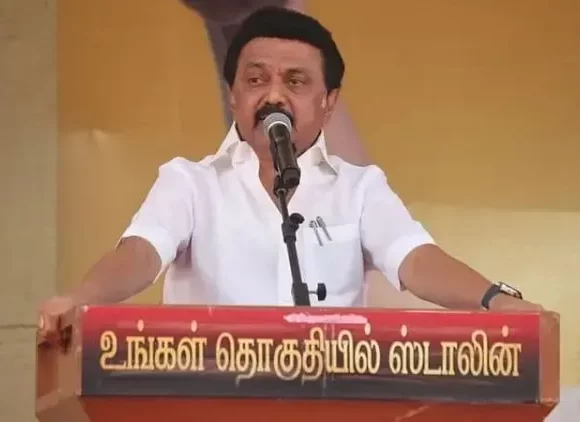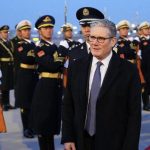
Trump Blocks Israeli Plan to Kill Iranian Supreme Leader
A recent Reuters report reveals that former U.S. President Donald Trump intervened to prevent Israel from assassinating Iran’s Supreme Leader Ayatollah Ali Khamenei during a significant military escalation in mid-June 2025. According to two anonymous U.S. officials, Israel proposed a mission to eliminate Khamenei in the wake of a large-scale airstrike targeting Iran’s nuclear infrastructure. Trump, however, vetoed the operation, citing that Iran had not launched any direct attacks on Americans.
One senior U.S. administration official explained, “Have the Iranians killed an American yet? No. Until they do we’re not even talking about going after the political leadership.” This statement highlights the strategic restraint underpinning Trump’s decision, aiming to prevent further destabilisation of the already volatile Middle East.
Communication between Washington and Jerusalem remained active, with Israeli leaders keeping U.S. counterparts apprised of unfolding battlefield developments. Though it is unclear if Trump personally delivered the veto, the dialogue between him and Israeli Prime Minister Benjamin Netanyahu was reportedly frequent. In response, Netanyahu neither confirmed nor denied the report, labelling some media accounts as unfounded, while affirming that decisions would be made in the U.S.’s best interests.
This revelation arrives amid intense military confrontation between Israel and Iran. Israel launched a sweeping air campaign against Iran, targeting key military and nuclear sites, which reportedly resulted in hundreds of civilian and military casualties. Iran retaliated with missile strikes on Israeli territory. The sudden exposure of the assassination plan adds a raw strategic layer to the regional standoff and illustrates how close the conflict came to targeting Iran’s top spiritual and political authority.
Trump’s decision appears calculated to avert escalation into full-scale war. It also reflects longstanding U.S. policy: U.S. military and intelligence agencies refrain from targeting foreign political leaders unless U.S. lives are directly imperiled. The timing—with planned nuclear negotiations between the U.S. and Iran in Oman cancelled due to the strikes—adds urgency and complexity.
With casualties mounting and regional leaders calling for de-escalation ahead of the upcoming G7 summit, Trump’s move might influence future diplomatic dynamics. Iran, meanwhile, has declared its right to retaliate and distanced itself from direct U.S. blame.


















